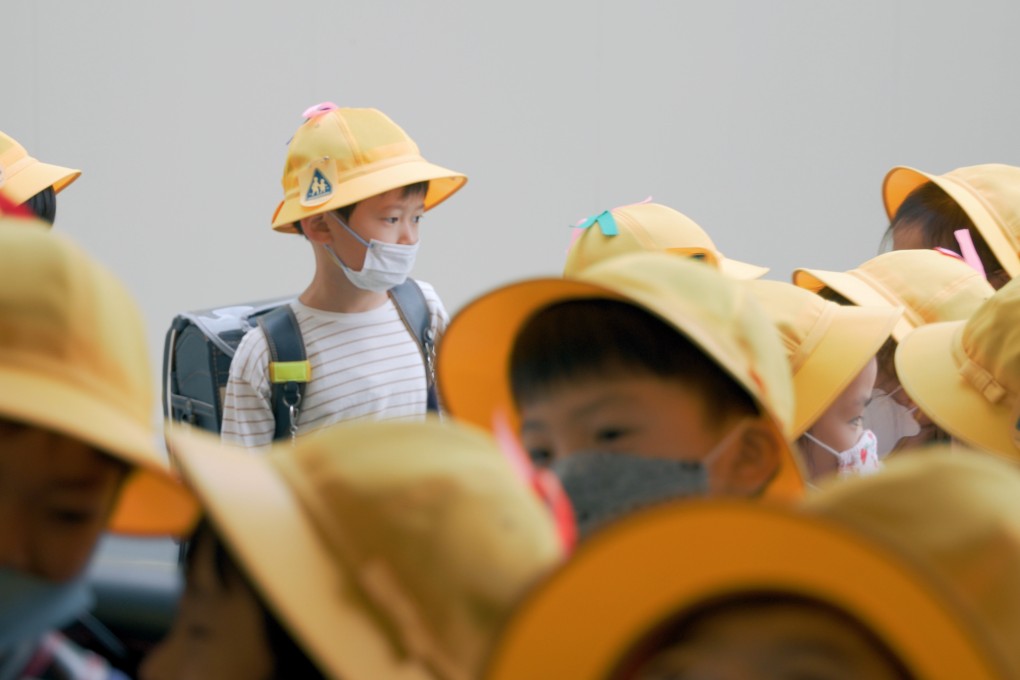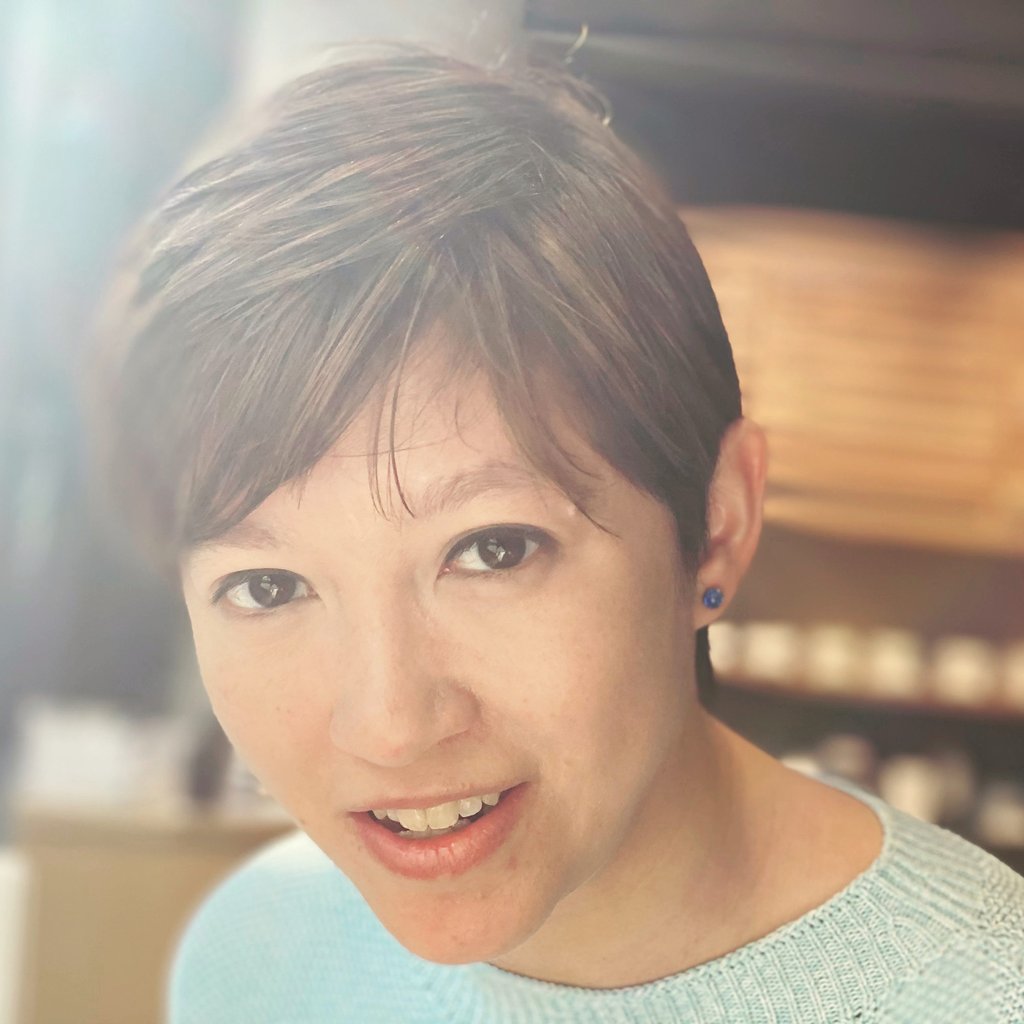Advertisement
Profile | Redefining what it means to be Japanese: filmmaker Ema Ryan Yamazaki on her life and work
- Eurasian filmmaker Ema Ryan Yamazaki reveals how her outsider perspective on Japan informs her poignant, emotional documentaries
Reading Time:3 minutes
Why you can trust SCMP
0

Ema Ryan Yamazaki has covered all manner of bases on her way to becoming a documentary maker. And not just any documentary maker.
Time and audience taste will tell, but arguably, Japan’s foremost meta-modernist chronicler is emerging.
It is a development that few would have predicted for a half-Japanese, half-British adopted New Yorker who “grew up watching Coronation Street, The Bill and EastEnders”.
Exactly how much Britain’s two favourite TV soap operas and a much loved police procedural series might have influenced Yamazaki’s latest feature-length documentary, The Making of a Japanese (2023), is debatable.

The film, which traces a year in the lives of Tokyo junior school pupils, will be available to stream in Hong Kong on Now TV’s documentary channel, Now True.

Advertisement

